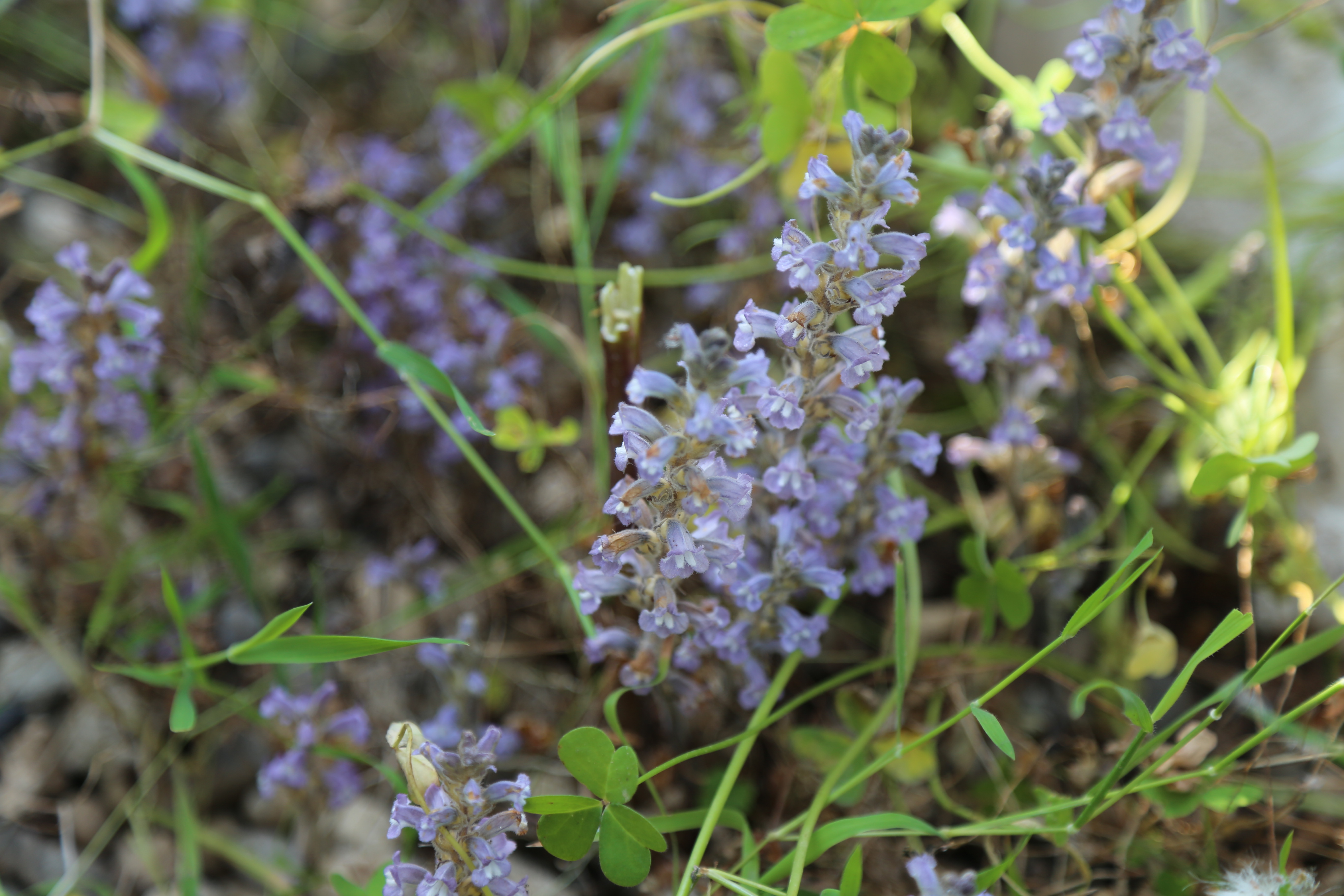
EWRS Working Group:
Parasitic Weeds
Objectives
The main objective of the WG is to increase the understanding of the interaction between parasitic weeds and their hosts and to implement sustainable means to control the parasites, through the interdisciplinary involvement of weed scientists who specialize in botany, ecology, plant anatomy, physiology, biochemistry, molecular biology, breeding, plant pathology, chemistry and agronomy.
Joint research within the WG will encourage the transfer of fundamental and innovative research into control strategies integrating cultural practices, genetic resistance, and novel methods of biological- and chemical control and shall ultimately yield sustainable management measures for the variety of parasitic weeds that affect agriculture and forestry in Europe.
Research topics to be covered
- Physiology of parasitism: seed germination, attachment, parasite development, interactions between the host and the parasite;
- Integrated weed management strategies and the economics of controlling parasitic plants;
- Identification, augmentation, exploitation and formulation of biocontrol agents;
- Novel cultural practices;
- Molecular and classical taxonomy and race identification;
- Structural, physiological, genetic and molecular agro-ecology of parasitic plants;
- Distribution, incidence and importance of the parasitic weeds in Europe, including the invasion and progression of parasitic weeds under predicted global climate change scenarios, as well as evolutionary changes within the species;
- Quarantine measures and regulations for control of spread of parasitic plants;
- Monitoring the parasitic plant populations for frequency of virulence factors and for genetic variation;
- Development and evaluation of methods for screening and assessment of crop resistance to parasitic plants, and identification of both resistance genes and resistance mechanisms.